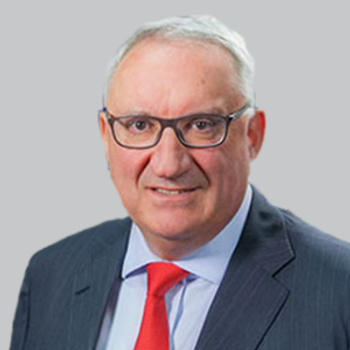
Though no details have been reported, Janssen Pharmaceuticals announced that its S1P modulator ponesimod has met its primary and key secondary end points in the OPTIMUM study, in which it was compared to teriflunomide in patients with relapsing MS.

Though no details have been reported, Janssen Pharmaceuticals announced that its S1P modulator ponesimod has met its primary and key secondary end points in the OPTIMUM study, in which it was compared to teriflunomide in patients with relapsing MS.

The investigators noted that these data provide robust and promising evidence that eptinezumab is associated with a rapid preventive effect in chronic migraine that is sustained for 3 months after a single infusion.
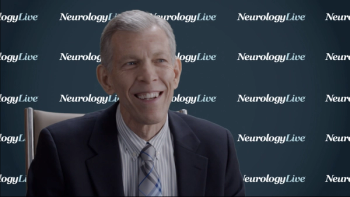
The professor and chief of pediatric neurology at Le Bonheur Children’s Hospital and the University of Tennessee Health Science Center discussed the decision-making process for choosing interventions for patients with epilepsy, and how to keep patients adherent.

Your patient asks if a ketogenic diet can reduce her migraines. What will you tell her?
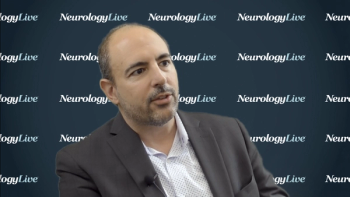
The chief medical officer of electroCore discussed the various data which have been published on the use of noninvasive vagus nerve stimulation in different populations of patients with migraine and headache.
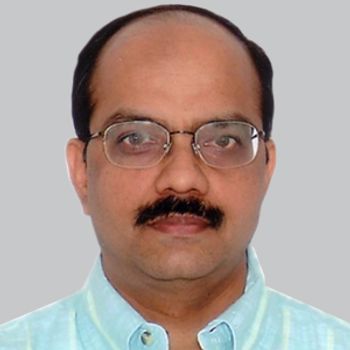
The investigational therapy has the potential to be a first-in-class neuronal progenitor cell therapeutic with anti-apoptotic activity that improves cerebral blood flow and neurological outcome in stroke.

The director of headache medicine and chief of general neurology at Yale Medicine discussed the long-term success the new preventive migraine therapies have shown thus far, and how the lack of safety concerns will improve how they’re utilized.
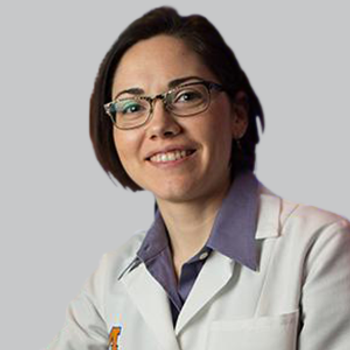
Despite previous case series suggesting that undergoing surgery may increase the risk of multiple sclerosis relapse, retrospective analysis of more than 600 surgeries undergone by patients with progressive and relapsing MS now proposes that the risk of relapse is not high in the postoperative period.
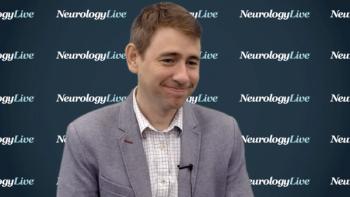
The associate professor of neuroepidemiology and digital health spoke about the importance of findings from an observational study which showed that adherence to a healthy lifestyle can offset the genetic risk for dementia.
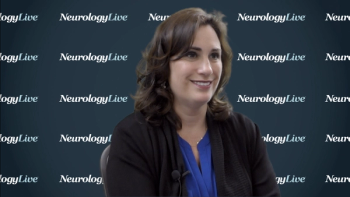
The clinical professor of neurology at Albert Einstein College of Medicine discussed the referral process for patients with migraine and which patients may be too complex for the limited time primary care physicians have.
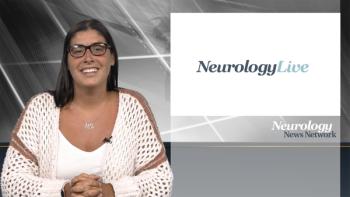
This week’s edition features highlights from NeurologyLive’s coverage of the American Headache Society’s annual scientific meeting.
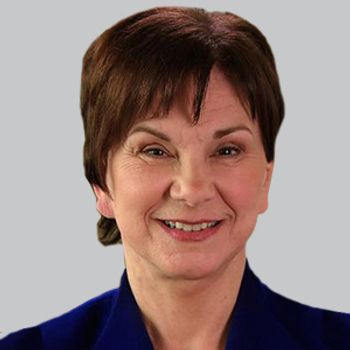
Pregabalin is approved for use in partial onset seizures, as well as postherpetic neuralgia, fibromyalgia, and for the management of neuropathic pain associated with spinal cord injury and diabetic peripheral neuropathy.

The PRIAMO study data showed that men with Parkinson disease who had been sexually active in the past 12 months were more likely to have lower motor disability, better quality of life, and lower depression scores. No similar associations were observed for women.
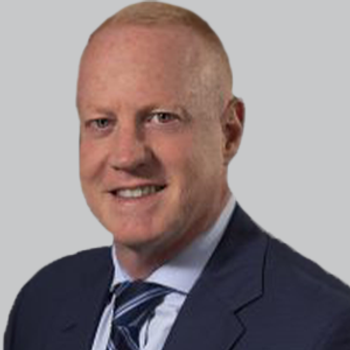
The phase 2b trial of the repository corticotropin injection (Acthar Gel) in amyotrophic lateral sclerosis was halted due to data and safety board concerns of the potential risk of pneumonia.
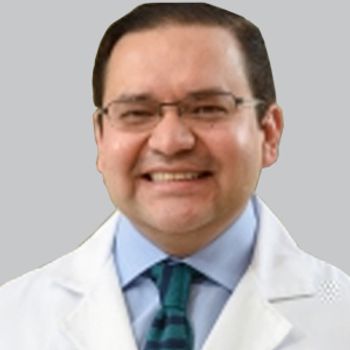
The International Congress on the Future of Neurology will take place this Fall in New York City, convening experts in neurology to discuss the latest data and best practices to better inform clinical decision-making.
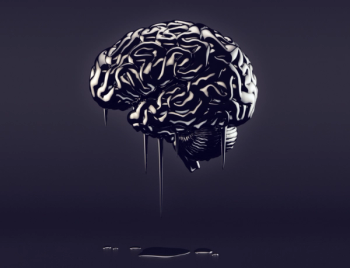
A 27-year-old man has had right arm numbness for about 2 weeks. What’s in your differential?
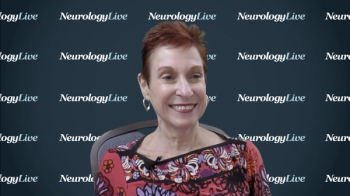
The professor of neurology, neurotherapeutics, and ophthalmology at UT Southwestern discussed the need to better coordinate care between providers when telemedicine is being utilized in headache and migraine care.
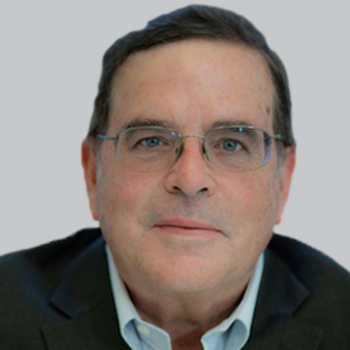
The Accordion Pill C/L did show success in treating the symptoms of Parkinson, despite the lack of significant differences. Although it also failed to achieve superiority in secondary end points.

The associate director of the Institute for Clinical & Translational Science at the University of California, Irvine, spoke about the findings of the study and how it can inform the use of telemedicine.
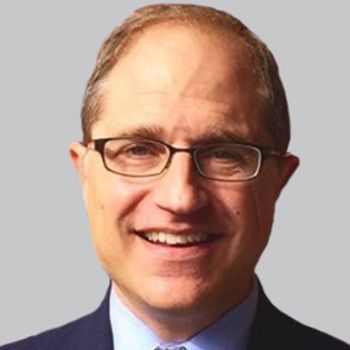
The complete response letter cited issues with an active pharmaceutical ingredient used in the Biohaven 2017 bioequivalence study that was manufactured between 2014 and 2016 in an Apotex facility.
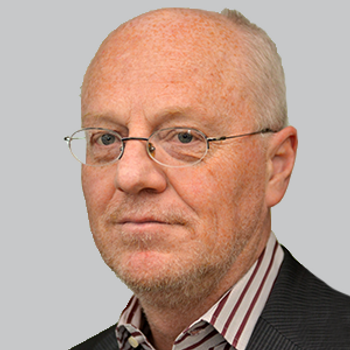
The monoclonal antibody against CGRP reduced the frequency of episodic cluster headache attacks significantly more than placebo, though the Eli Lilly therapy failed to separate from placebo in the disease’s chronic presentation.

The professor and chief of pediatric neurology at Le Bonheur Children’s Hospital and the University of Tennessee Health Science Center spoke about the concerns of uncontrolled epilepsy and how to determine if a patient requires more than one treatment for their epilepsy.

The director of the Headache Center of Southern California shared insight into the success of ubrogepant in patients who failed on triptans, and how the future of migraine treatment may need to focus on combination approaches.
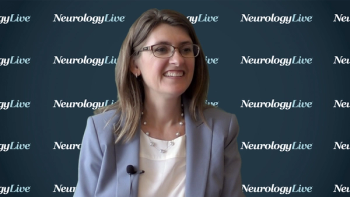
The pediatric neurologist and epilepsy specialist at Children’s Hospital Colorado discussed the popularity of cannabidiol from coverage in the media, and how she sees its use—and the understanding of it—evolving in the coming years.

The topic was the focus of a lively panel discussion and several posters at the 2019 Alzheimer’s Association International Conference, where experts in the field debated on the validity of current findings and theories.
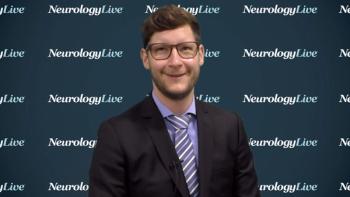
This data demonstrates that patients with Alzheimer disease are at an increased risk for seizures, in particular in more advanced disease stages, which emphasizes a need for seizure history assessment to inform individual therapeutic decisions and the necessity of systematic treatment studies.
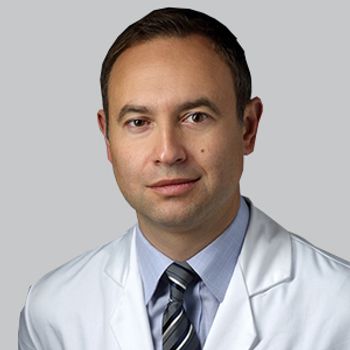
Previous research demonstrated that plasma neuronal-enriched extracellular vesicles exhibited elevated levels of p-tau, amyloid-beta 42, and phosphorylated insulin receptor substrate.
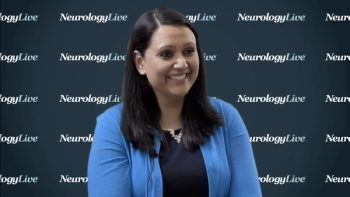
The director of the MedStar Georgetown Headache Center spoke about the higher-than-desired rates of opioid prescriptions for patients with migraine, and how new treatment options and provider education can help lower those numbers.
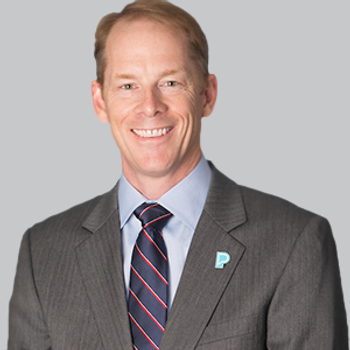
The PD GENEration program will offer no-cost genetic testing for Parkinson-related genes and genetic counseling, using the data for future research into the development of personalized medicine and interventions in Parkinson disease.

A new treatment for NMOSD has been found to reduce relapse, decrease re-hospitalizations, and hinder the need to treat acute attacks with corticosteroids and plasma exchange.